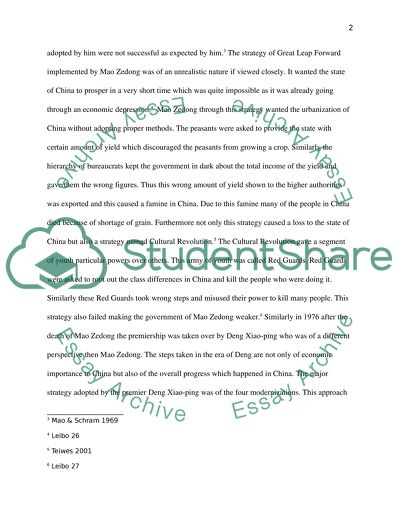Cite this document
(“China Change after the Death of Mao Zedong Essay”, n.d.)
Retrieved from https://studentshare.org/miscellaneous/1503038-china-change-after-the-death-of-mao-zedong
Retrieved from https://studentshare.org/miscellaneous/1503038-china-change-after-the-death-of-mao-zedong
(China Change After the Death of Mao Zedong Essay)
https://studentshare.org/miscellaneous/1503038-china-change-after-the-death-of-mao-zedong.
https://studentshare.org/miscellaneous/1503038-china-change-after-the-death-of-mao-zedong.
“China Change After the Death of Mao Zedong Essay”, n.d. https://studentshare.org/miscellaneous/1503038-china-change-after-the-death-of-mao-zedong.


